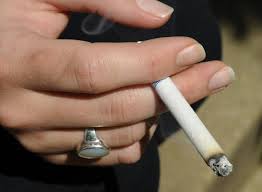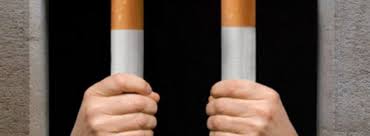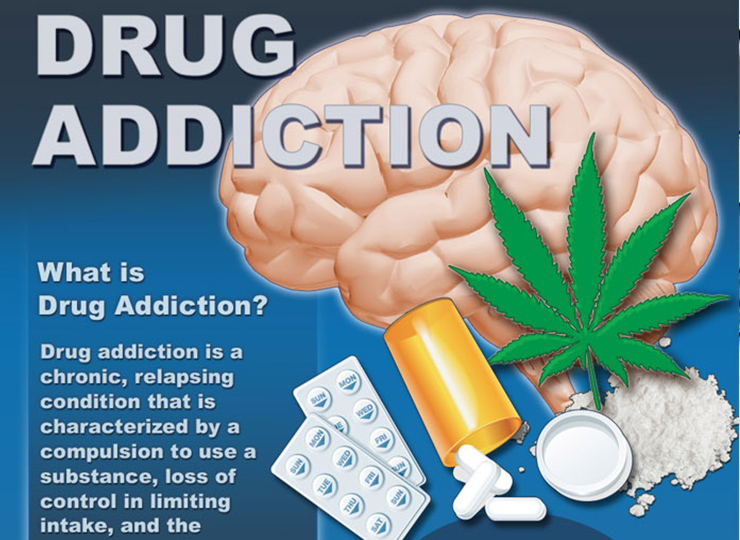Defeating cigarette smoke for health

Defeating cigarette smoke for health begins the moment you acknowledge that you have a problem with this substance
Defeating cigarette smoke for health: Good health begins by quitting smoking
The problem of drug addiction causes victims to miss a lot in life. It reduces individual’s productivity and relevance in life. When you are struggling with a drug addiction you may not know what you are missing until you get to have the taste of not being addicted to cigarette smoking among other substances. The statement defeating cigarette smoke for better health is not just a statement of invitation to treat but a statement loaded with lots of facts for the good of your health.
One chilly morning someone knocked on my office door and when I allowed him in, he handed to me a piece of paper soaked by the dew from the cold weather. The writing on the paper was simple and direct. It stated that “enjoy life by quitting your smoking habits.” After reading the message the bearer asked as I looked at “is it true doctor?” “I use my cigarette in cold weather like this to feel warm and high how will I protect myself from the cold without smoking?” I then offered him a seat so we can have a heart to heart discussion about his concerns. This is what many people go through despite the numerous help around them.
From the story of this gentleman, we want to share with you some concerns that linger on smoker’s minds and end up denying the enjoyable things life has to offer. As we progress into the discussion, if you are struggling with kind of addiction, you can talk to us at AWAREmed Health and Wellness Resource Center. This is health facility was established by doctor Dalal Akoury (MD) to meet the needs of all people across the globe who are in one way or the other are struggling with addiction. Questions like how can I resist the urge of smoking when doing the things you like often come up and we are going to sample some of those questions and respond to them progressively.
Defeating cigarette smoke for health: Can I resist the urge of smoking when taking coffee or tea?
In many instances, smokers will have the pleasure of taking their favorite beverages while smoking their substances. This is very common that one would easily mistake it to be an accompaniment for the drink. Does this describe your situation? It is important to note that your favorite beverage may act as a trigger to smoke when you finally quit. With that in mind careful attention must be taken to have this urge properly managed by adopting to the following tips:
- Inform your colleagues of your quitting so that they won’t offer you a cigarette when taking coffee.
- While enjoying your coffee, take deep breaths between the lips to inhale the aroma. Breathe in deeply and slowly while you count to five, and then breathe out slowly, counting to five again.
- Switching to decaffeinated coffee/tea for a while, particularly if quitting has made you nervous.
- Keep your hands busy by nibbling on healthy foods, doodling, or making a list of tasks for the day.
- If the urge to smoke is very strong, drink your coffee or tea more quickly than usual and then change activities or location.
These are just some numbered tips you can always get more by scheduling an appointment with doctor Dalal Akoury today.
Defeating cigarette smoke for health: Good health begins by quitting smoking









